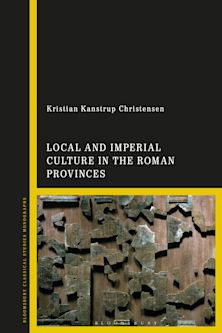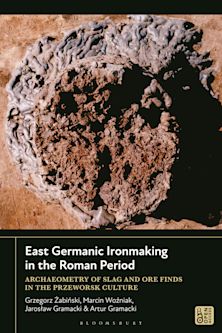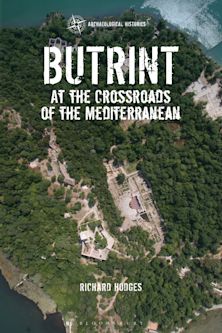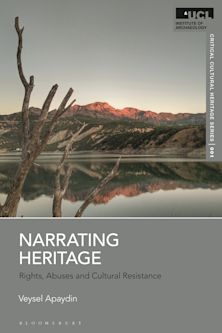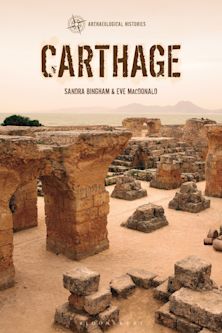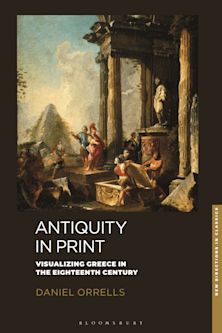- Home
- ACADEMIC
- Archaeology
- Classical Archaeology
- Pompeii
Pompeii
This product is usually dispatched within 3 days
- Delivery and returns info
-
Free CA delivery on orders $40 or over
You must sign in to add this item to your wishlist. Please sign in or create an account
Description
Pompeii is Italy's third most popular tourist attraction, with millions of visitors each year. Images of the town are familiar all around the world. But even today our picture of the site is being changed by new archaeological discoveries. The concerns and techniques of today's archaeologists are far removed from those of the earliest excavators. Before turning to the cultural and political background behind the site's rediscovery in 1748, Alison Cooley examines whether it really did remain undisturbed up to that point. In the second half of the nineteenth century the fall of the Bourbon monarchy dramatically heralded a new era of archaeological exploration under the direction of Giuseppe Fiorelli. And in the twentieth century excavation transformed our image of the urban environment of Pompeii, raising new questions as it dug ever deeper. This book explores the impact of scientific advances, archaeological innovations, and contemporary politics upon interpretations of Pompeii over the last 250 years, including the ways in which advances in volcanology have transformed our picture of its last moments.
Table of Contents
List of Illustrations
Introduction
1. Prologue to the Nightmare
2. The Nightmare Revealed
3. A Broken Sleep
4. The Reawakening
5. The Politics of Archaeology
6. Probing Beneath the Surface
7. Probing Ever Deeper
Notes
Further Reading
Glossary
Timeline: Events relating to the destruction, rediscovery, and
excavation of Pompeii
Key figures in the history of Pompeii's excavation
Index
Product details
| Published | Oct 30 2003 |
|---|---|
| Format | Paperback |
| Edition | 1st |
| Extent | 192 |
| ISBN | 9780715631614 |
| Imprint | Bristol Classical Press |
| Dimensions | 233 x 156 mm |
| Series | Archaeological Histories |
| Publisher | Bloomsbury Publishing |
About the contributors
Reviews
-
Cooley's is the first comprehensive overview of the history of the Pompeii excavations, and the discussion of the casual explorations of the site that seem to have occurred prior to the official beginning in the mid-18th century presents material that few of us have ever examined.
New England Classical Journal
-
An indispensable exploration of the story of Pompeii after its destruction, including the influence of historical context on the priorities of excavation, the role of the ancient town and its burial in modern thought, culture, and scholarship – a must-read for a full understanding of the site and its impact
Michael A Anderson, Professor of Classical Archaeology, San Francisco State University, USA












